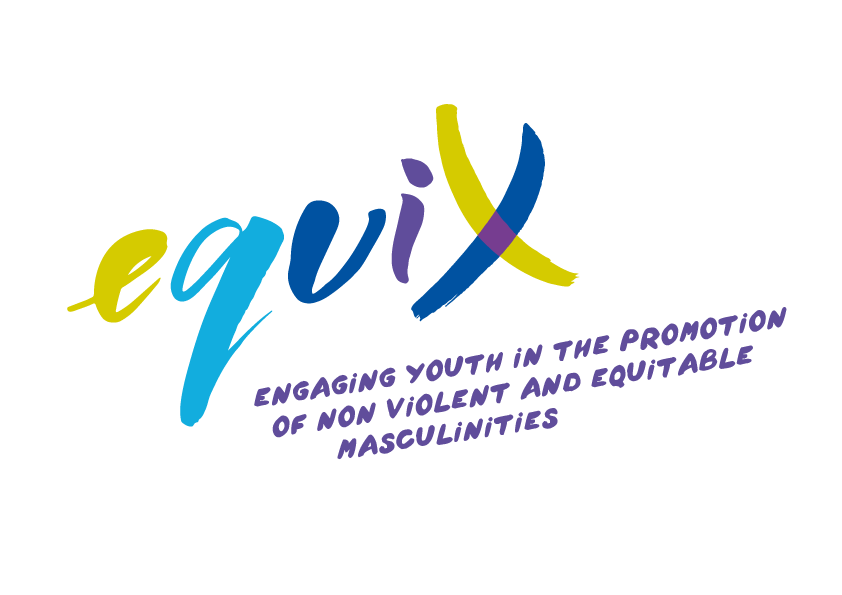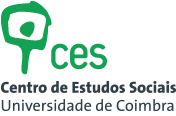A Masculinidade, não-violência e igualdade de género em Portugal
Qual é o problema?
A promoção de igualdade de género e de relações saudáveis entre homens e mulheres tem sido uma das prioridades da União Europeia. Através de diversas estratégias programáticas e ações regulatórias que visam o combate e prevenção da violência contra mulheres e crianças, (e.g. a integração de perspetivas de género em todas as iniciativas políticas), a Comissão Europeia procura promover a igualdade de tratamento com base no género a todos os níveis da organização dos Estados europeus, bem como nas suas relações bilaterais. Estes esforços têm enfrentado, contudo, diversas dificuldades, nomeadamente no que diz respeito à sustentabilidade das ações de longo prazo, que tenham como eixo de investimento e de ação a prevenção eficaz, integrando abordagens realmente transformadoras de normas de género. Neste campo, o trabalho de integração de masculinidades é essencial. Após demonstrações e avaliações globais do sucesso de ações realizadas na promoção de relações não-tóxicas e masculinidades não-violentas, deu-se uma inflexão, mais ambiciosa, de envolvimento de toda a sociedade – mulheres e homens, crianças e jovens – na reflexão sobre a construção do género e de promoção de relações não violentas como forma de promoção de igualdade.
Embora não estejam imunes a estereótipos ou aos privilégios que assentam em desigualdades de género, para muitos homens e jovens as normas de género atravessam uma fase de mudança. Investigação prévia, promovida pela investigadora Tatiana Moura, revelou que o envolvimento dos homens na construção de caminhos não-violentos e de masculinidades não-tóxicas, implicava não só um aprofundamento do conhecimento sobre os efeitos, por exemplo, da crise social, política e económica no aumento da violência nas sociedades, mas também o desenvolvimento de “novas abordagens” preventivas e métodos de trabalho na promoção da igualdade de género.
O que estamos a fazer?
Estudos levados a cabo pelo CES em parceria direta com a ONG internacional Promundo têm revelado que as relações parentais e de cuidado, sejam elas positivas, negativas ou ausentes, têm um impacto profundo na transmissão de comportamentos violentos ou não-violentos. Mais concretamente, e em relação à masculinidade, a participação dos homens enquanto cuidadores tem consequências profundas não só na vida das crianças, mas também das mulheres e na saúde da família, gerando impactos intergeracionais, de médio e longo prazos. Os mesmos estudos demonstram ainda que estas relações não se limitam à figura do pai biológico, mas se relacionam também com pais adotivos, padrastos, detentores de guarda legal, irmãos, tios, avós, etc. Projetos como “A situação da paternidade envolvida e não-violenta em Portugal” procuraram ainda descrever a situação nacional da paternidade, demonstrando a importância do trabalho de cuidado realizado pelos homens.
Atualmente, decorrem no CES dois projetos de investigação-ação que procuram, através de uma rede de trabalho internacional, e de uma abordagem de género-sincronizada, produzir dados empíricos e desenhar metodologias nacionais e internacionais que têm como objetivo promover a igualdade de género através da promoção de masculinidades não-violentas e equitativas e de paternidades envolvidas e cuidadoras. Os projetos têm ainda como objetivo promover ferramentas que desafiam e abordam construções estereotipadas e negativas de género, promovendo modelos não-violentos de masculinidade, dirigidas a públicos-alvo específicos, como jovens e crianças, familiares, profissionais da saúde, profissionais da educação e assistentes sociais.
O que procuramos que aconteça?
A construção de guiões e instrumentos de intervenção direcionados a crianças, jovens, pais e profissionais na área da educação e saúde, visam criar formas de capacitação para a promoção da igualdade de género, transmissão intergeracional de não-violência, e construção de identidades de género não-tóxicas contribuindo, em escala, para a promoção de novos paradigmas de segurança tanto na esfera privada como pública. Os projetos, que decorrem em paralelo em vários países da europa (8 países, atualmente: Portugal, Espanha, Itália, Alemanha, Croácia, Bélgica, Lituânia, Áustria), visam, além da construção conjunta de novas ferramentas, promover a troca de conhecimentos e boas práticas entre si.


PARENT
Promoção, Sensibilização e Envolvimento de Homens nas Transformações do Cuidado
Tatiana Moura
1 de fevereiro de 2019 a 31 de janeiro de 2021
Programa Direitos, Igualdade e Cidadania da Comissão Europeia (UE)
Ler mais
EQUI-X
Promoção de estratégias inovadoras para a construção de identidades de género e para o envolvimento de homens e rapazes em modelos de masculinidades não violentas
Tatiana Moura
1 de janeiro de 2018 a 31 de dezembro de 2019
Programa Direitos, Igualdade e Cidadania da Comissão Europeia (UE)
(Programa Direitos, Igualdade e Cidadania)
Adapting the International Men and Gender Equality Survey (IMAGES), to urban settings of Post-Conflict and Urban Violence: "IMAGES-PC+UV"
Sílvia Roque
Tatiana Moura
1 de maio de 2013 a 30 de abril de 2016
International Development Research Centre - Canada
Ler mais
